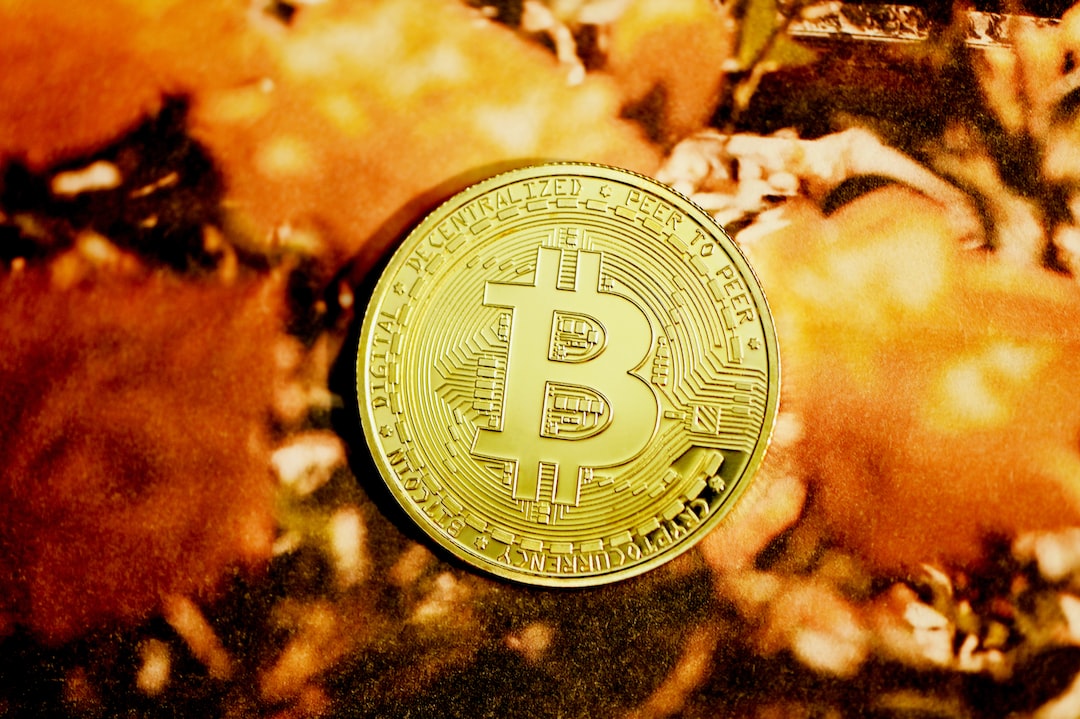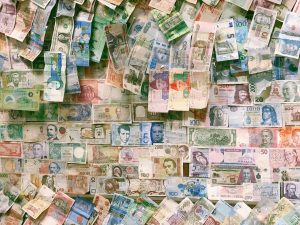The foreign exchange market, popularly known as forex, is one of the biggest financial markets in the world. With its daily trading volume reaching trillions of dollars, forex is a hub of activity for traders, investors, and speculators. However, the market experienced some turbulence in the last few days, leaving many wondering what happened.
The recent events that affected the forex market can be traced back to the sudden surge in the US dollar’s value. The greenback made significant gains against other major currencies, including the euro, the Japanese yen, and the British pound. The catalyst for this sudden spike in the dollar’s value was the announcement by the Federal Reserve that it would increase interest rates sooner than expected.
The Federal Reserve, which is the central bank of the United States, had previously signaled that it would keep interest rates low until 2023. However, during its June meeting, the Fed announced that it was considering raising interest rates as early as 2022. This news came as a surprise to many investors and traders, who had expected the central bank to maintain its accommodative monetary policy for a longer period.
The prospect of higher interest rates in the United States caused investors to flock to the dollar, as it became more attractive to hold the currency in anticipation of higher returns. As a result, the value of the dollar soared against other major currencies, causing a dip in their values.
Another factor that contributed to the recent events in the forex market was the resurgence of the COVID-19 pandemic in some parts of the world. The emergence of new variants of the virus, coupled with low vaccination rates in some countries, has led to renewed lockdowns and travel restrictions. This has had a negative impact on the global economy, causing a slowdown in economic activity and affecting the value of currencies.
For instance, the euro, which is the currency used by 19 countries in the European Union, has been affected by the slow pace of vaccination in the region. The eurozone has been lagging behind other regions in terms of vaccination rates, leading to concerns about the economic recovery in the area. This has put pressure on the euro, causing it to fall against the dollar and other major currencies.
Similarly, the British pound has also experienced some volatility in the last few days, as concerns about the Delta variant of the virus have increased. The UK government recently extended restrictions in some parts of the country, leading to worries about the impact of the pandemic on the economy. This has caused the pound to weaken against the dollar and other currencies.
In conclusion, the recent events in the forex market can be attributed to a combination of factors, including the Federal Reserve’s announcement of a possible interest rate hike, the resurgence of the COVID-19 pandemic, and concerns about the pace of economic recovery in some regions. These factors have led to increased volatility in the market, causing fluctuations in the values of currencies. Traders and investors will need to keep an eye on these developments and adjust their strategies accordingly to navigate the changing market conditions.





